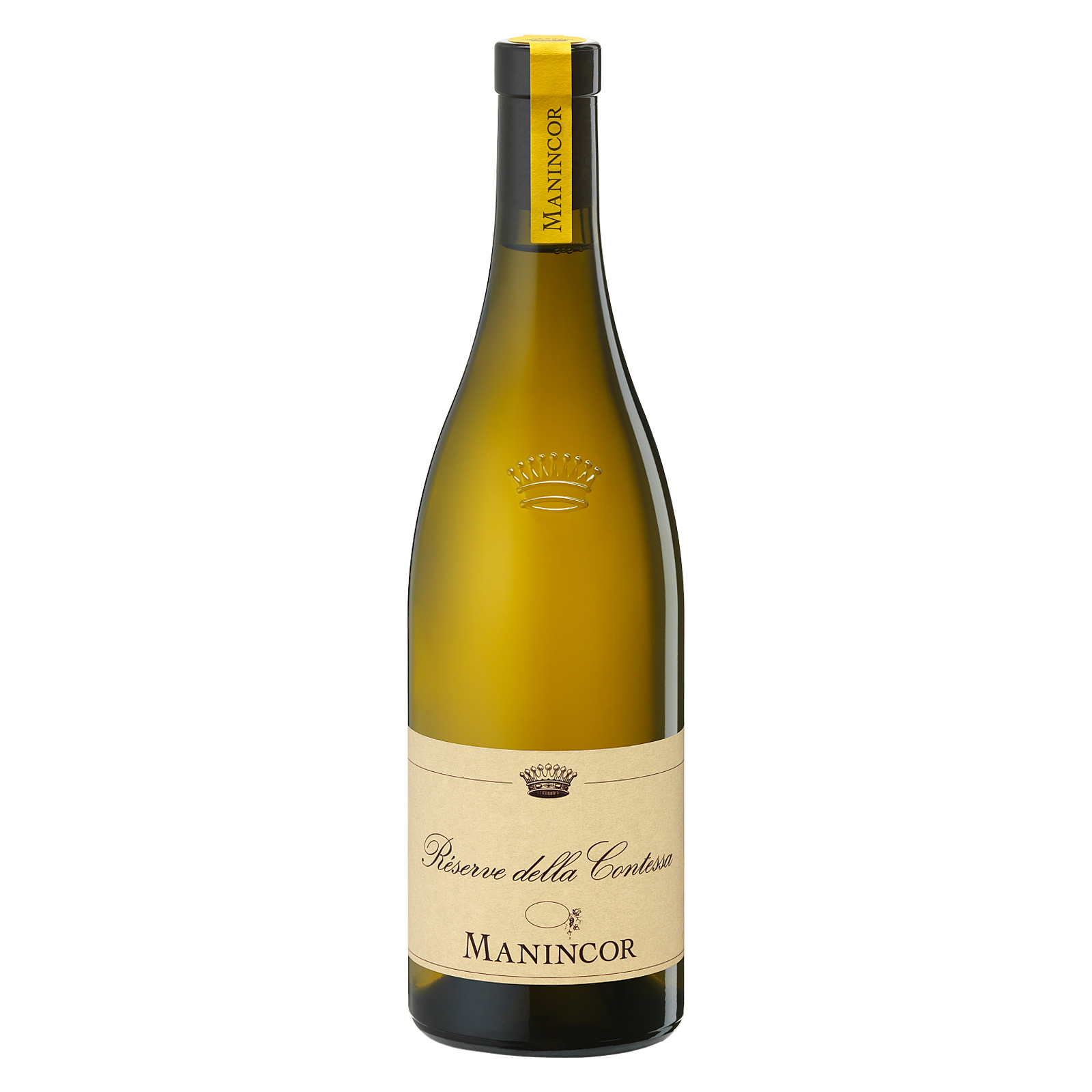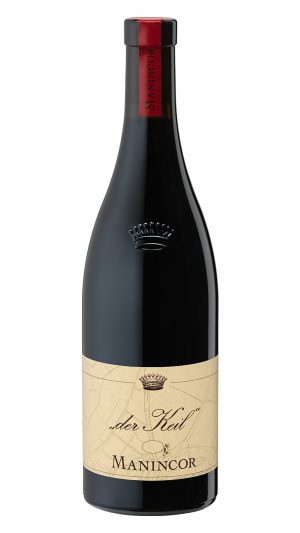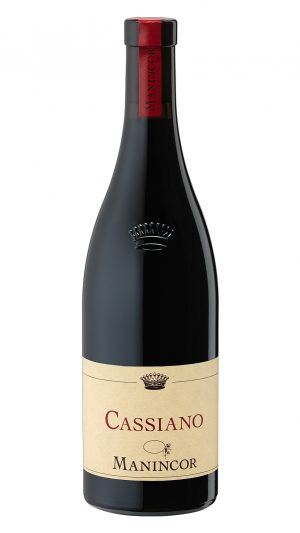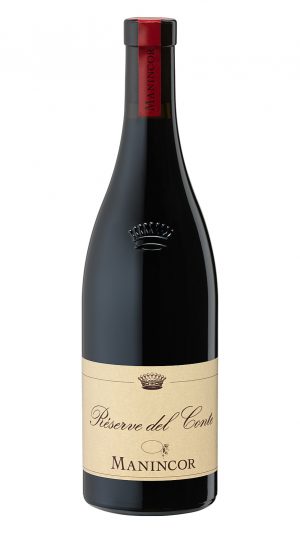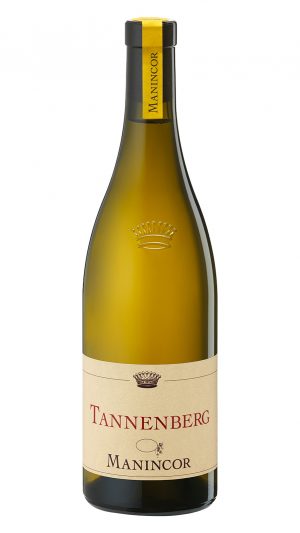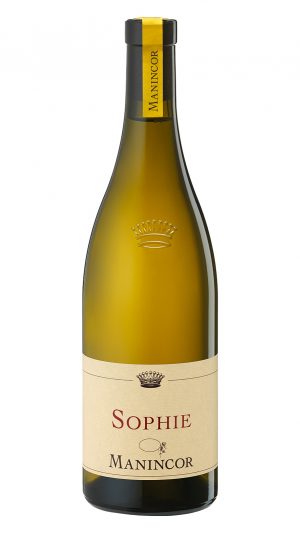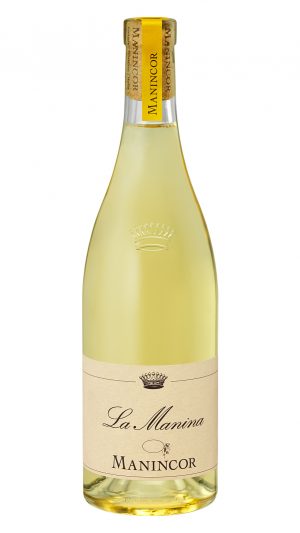Manincor Reserve della Contessa 2019 / 2022 / 2023
Type: White
Country: Italy
Region: Alto Adige
Grape Variety: Pinot Blanc, Chardonnay, Sauvignon Blanc
Viticulture: Biodynamic | Certified Organic
Climate: The Alps protect the area from cold air masses from the north filled with precipitation, while warm, moist air currents from Lake Garda and the Mediterranean find their way to Alto Adige
Terroir: Two-thirds of the grapes come from the “Liebeneich” site at Terlan and one-third from the “Campan” vineyard at Kaltern. Our Liebeneich vineyard at Terlan is on a warm, west-facing slope at an altitude of 300 metres above sea level where the soil is well-drained consisting of sand and clay with a bedrock of eroded porphyry. Kaltern Campan is a cool, east-facing mountainside site at an altitude of 500 m above sea level where the soils are rich with clay and morainal deposits
Winemaking: Grapes were de-stemmed and left to macerate in the press for six hours to leach out aroma substances and body from the skins. Fermentation took place in oak in part using yeasts naturally occurring in the vineyard, followed by a maturation period on the fine lees lasting eight months
Color: Full, deep yellow with greenish reflections
Nose: The aroma is fresh, reminiscent of apple, and apricot with a hint of sage
Palate: Full and elegant, extremely mellow and long
About the Winery:
With 50 hectares of grape growing areas, the Manincor Estate Winery in Caldaro is one of the largest in all of Alto Adige. And also one with some of the richest traditions: grapes have been grown here for more than four hundred years, a tradition which Count Michael Goëss-Enzenberg continues – along new paths that are actuality old.
Count Goëss-Enzenberg, who is himself a trained oenologist, has focused on biodynamic cultivation in his estate winery since 2005, and that means: the revitalization of the soil with compost, special sowing of greenery, allowing chickens, sheep, and bees in the vineyard, and last but not least creating herbal teas with which the grapevines are treated. Chamomile helps the plants to overcome situations of stress, stinging nettle tea gives them energy and horsetail herb supports the healing of injuries.
But as old as the knowledge about cultivation is at the Manincor Estate Winery in Kaltern, that’s how modern the winery is, which was built underground three stories below the vineyards. In the end, the grapes from a half million vines are brought together here, and a total of fifteen different grape varieties are made into wine here. But in spite of the size, the work in the winery is still always worked by hand – with particular attention to small scale: “Also trying and doing our best possible work even down to the smallest detail is our path to the highest natural quality,” says Count Goëss-Enzenberg. Because, “For me, wine is the greatest sensory expression of agricultural culture.”
And at the Manincor Estate Winery in Caldaro, they know their way around with a focus on the senses, with passion, with authenticity, and with heart. For more than four hundred years. After all, a free translation of Manincor is “hand on heart”.

